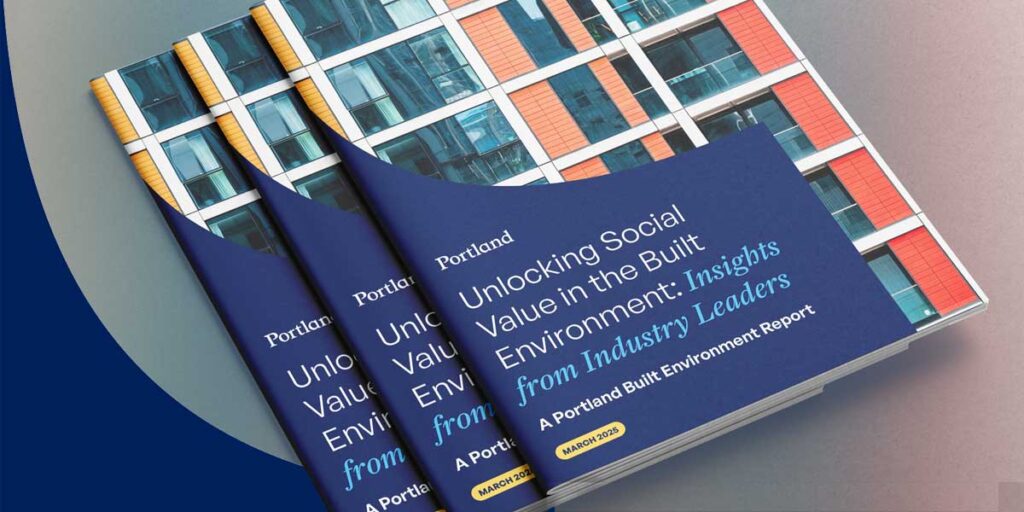It wasn’t as though we were shy about it. Let alone vague. During the referendum campaign, Vote Leave was very clear about what a vote to leave meant. We said, again and again, that we
wanted to take back control of our borders, taxes, laws, trade and money.
We argued for an immigration policy based on skills, not geography.
We said that tax policy, including the ability to remove VAT from essentials like domestic fuel, should be in the hands of the UK Parliament. We wanted an end to the supremacy of European courts and EU law over domestic law. We insisted Britain would be better off negotiating its own trade deals rather than relying on the cumbersome and conflicted EU bureaucracy. And we wanted to decide how the money the EU spent on our behalf – all £350 million a week of it – was allocated.
That was the platform, those were the pledges we campaigned in front of, and that was what was on the bus.
And the policies required to give effect to those promises aren’t hard to grasp or difficult to implement.
If we want to control our borders, and decide who comes to our country and on what terms, then we need to be outside the single market. Membership of the single market means being bound by EU rules on freedom of movement which give all 500 million EU citizens the right to come here, claim benefits and use the NHS if they wish. It means giving Bulgarian plumbers rights we won’t extend to Bangladeshi doctors, granting privileges to Slovak citizens we won’t extend to people from St Kitts. Membership of the single market means having an immigration policy which is both an open door to exploitation and ethnically discriminatory. So Vote Leave argued that we should, well, leave.
It’s what was on our leaflets, it’s what I said in my speeches, and it’s what was argued for by Boris Johnson, Gisela Stuart and Andrea Leadsom in front of millions. And just in case anyone missed the point we were making, the Prime Minister, the Chancellor, Peter Mandelson and the official Remain campaign told everyone at every turn that voting to leave the EU meant voting to leave the single market.
That is why Theresa May is absolutely right to make clear that our destiny lies outside the single market. Only then can we control our borders and set taxes at the rate our industries need and our pensioners deserve.
Outside the single market, we can legislate and regulate in the national interest. If businesses want to adopt EU standards to sell to EU citizens, they can.
If they want to avoid ridiculous EU rules on everything from the management of our inland waterways to the type of creme brûlée torch you can use in a restaurant, they can ignore them. We trade with the world, but govern ourselves.
Indeed we can trade more with the world if we’re outside not just the single market but the customs union, because then we can negotiate our own trade deals. Trade agreements between individual countries are concluded much more quickly than negotiations involving blocs. Staying in the customs union ties our hands, prevents us securing new deals with old friends and holds our exporters back. It’s the opposite of taking back control.
And outside the single market and the customs union, not to mention the common agricultural and fisheries policies, we no longer need to give the EU our money to waste. If there’s an EU-administered scheme worth paying to be part of – on science say – we can join this just as countries like Israel do. If we want to, not because we have to. We will have taken back control.
And we don’t need to negotiate any of these things. Because the vote to leave wasn’t an attempt to secure a different sort of membership of the EU. It was a vote to leave. To become a sovereign country again. Just like America, Canada, Australia, New Zealand, Singapore, South Korea, Japan and all the other countries with higher growth rates or lower unemployment than the EU.
Of course we can, and should, offer the EU a generous deal as we depart.
We should guarantee the rights of all those EU citizens who want to stay here. Let as many of them remain for as long as they wish. Am I worried about the numbers? Well, if, as the EU’s leaders predict, we’re destined for disaster outside the EU then net migration figures will be low indeed. But somehow I think that Britain will be an even more attractive place for people to live and work – whatever their country of origin.
And we should continue to offer the EU tariff-free access to our markets for their goods. This is a generous offer indeed, given that we have a trade deficit in goods with European countries. I’m happy to let them continue exploiting this advantage because the freest possible trade encourages competitiveness and should enhance productivity. If the EU doesn’t want to maintain tariff-free access between us and them, that’s a pity. But that would be their loss.
And instead of spending a vast amount of time seeking to persuade EU nations to pursue policies which are palpably in their own interests, we can get on with devising new policies which are emphatically in ours.
When Britain catapulted itself to a position of global economic leadership in the nineteenth century, it did so by making decisions in a sovereign Parliament – not negotiating sweetheart deals with neighbours and partners. By embracing free trade and fiscal responsibility we set an example which drove progress and growth.
Similarly, the economic revival of the eighties was fuelled, not by negotiating special terms for favoured products in nearby nations, but reforming the supply side, freeing up our labour markets and modernising our capital markets.
The intellectual energies of our best people in politics and public service should be directed towards re-engineering Whitehall, reducing regulation, designing a migration policy which attracts the very best talent, shaping a science policy which is much more ambitious, reforming education to stretch the most talented further and eliminate illiteracy and innumeracy altogether, setting taxes at a level to maximise growth, reforming corporate governance and capital markets to enhance productivity, and building new institutions which foster and support innovation. All of these things are now within our power. Persuading French farmers of the virtues of free trade may not be.
The European Union is destined to face more years of increasing misery unless it chooses to reform. The Eurocrisis, the migrant crisis, the failure of Schengen, stubbornly high levels of youth unemployment, catastrophically low levels of innovation, elite arrogance and popular anger all combine to make the EU a decaying empire of broken dreams. The cleaner and quicker we can make our exit, the faster we can get on with fashioning an open, innovative and successful nation.
What are we waiting for?
By Rt. Hon. Michael Gove MP






